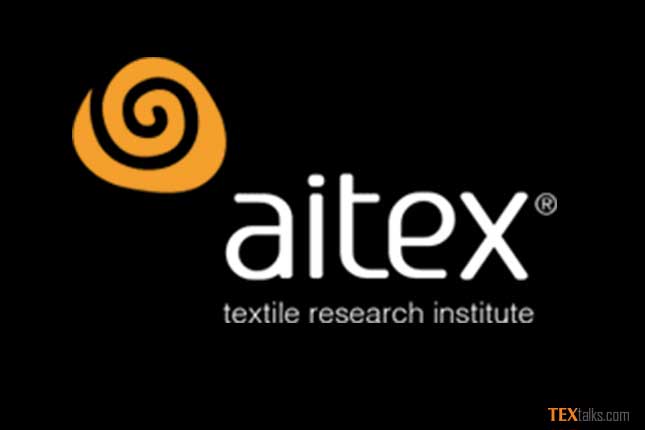In 2018, the OEKO-TEX® Association endeavours to provide further targeted support on issues relating to consumer protection and sustainability throughout the textile value creation chain.
The existing guidelines of the OEKO-TEX® product portfolio were updated on 02 January. The new regulations come into effect on April 2018 for all certification systems and other services, following a three-month transition period.
Updates to the OEKO-TEX® standards and guidelines are based on the continuous exchange of experiences with industry stakeholders, cooperation in initiatives and monitoring of legal regulations. The work of OEKO-TEX® expert groups thus takes into account current scientific innovations and knowledge as well as latest market developments.
You can find the most important changes regarding the individual OEKO-TEX® products below:
DETOX TO ZERO by OEKO-TEX®
Thanks to the comparability of the DETOX TO ZERO MRSL with the valid MRSL for the STeP by OEKO-TEX® certification, DETOX TO ZERO can be fully integrated into STeP. DETOX TO ZERO customers can convert to STeP at any time. The restructuring of the DETOX TO ZERO assessment tool and status report improves usability and clarity.
LEATHER STANDARD by OEKO-TEX®
Bisphenol A, the aromatic amine aniline and additional alkylphenols (pentyl- and heptylphenol) are now included in the LEATHER STANDARD.
ECO PASSPORT by OEKO-TEX®
The ZDHC (Zero Discharge of Hazardous Chemicals) initiative accepts the ECO PASSPORT by OEKO-TEX® as an indicator of conformity with their MRSL (harmful substance exclusion list for textile production).
Upon approval, companies can have their products certified by ECO PASSPORT listed in the OEKO-TEX® Buying Guide / and if they wish from now on also in the ZDHC Chemical Gateway.
MADE IN GREEN by OEKO-TEX®
The minimum requirements and criteria for awarding the MADE IN GREEN by OEKO-TEX® product label have been updated. Advantages of the new definition are: improved comprehensibility and less time for label attainment.
STANDARD 100 by OEKO-TEX®
The newly recorded harmful substances in the STANDARD 100 criteria catalogue are phenol, bisphenol A, the aromatic amine aniline as well as the additional alkylphenols, pentyl- and heptylphenol. The OEKO-TEX® Association henceforth places the substance quinoline under observation. Amended limit values also apply for short-chain chlorinated paraffins (SCCP) and ortho-phenylphenol (OPP). As of 1 April 2018, OEKO-TEX® plans to integrate the testing of organic cotton products for genetically modified organisms (GMO) into STANDARD 100.
STeP by OEKO-TEX®
The scope of STeP assessments for the survey of required company data is significantly reduced by condensing the questionnaire. The integration of DETOX TO ZERO allows now to issue the STeP certificate and the status report additional with information on DETOX TO ZERO.
AITEX is the Institute official representative of OEKO-TEX® in Pakistan. The Textile Industry Research Association- AITEX, is a private research association which performs characterisation trials and certification of textiles materials and articles for wide range of sectors including interior design, fashion, work wear, healthcare, sports and leisure, land and sea transport, aerospace and sports surfaces.
The Institute promotes modernisation and the introduction of emerging technologies through its ongoing R+D activities and other projects which contribute to the evolution of the textile industry, and issues the most appropriate product certifications to allow an article to complete in the international marketplace and facilitate its introductions into high-end niche markets.
www.aitex.es



